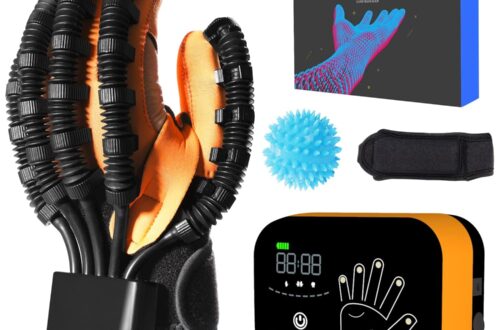When talking about stroke, one of the things that instantly comes to mind is the health condition called high blood pressure, or hypertension.
High blood pressure is the main risk factor for stroke. It is a serious condition and is called “the silent killer” because most of the time there are no obvious symptoms, and people who have it are not aware that they are hypertensive.
This article will talk about how high blood pressure can be a factor in having a stroke. It will also touch upon the blood pressure threshold before being at risk of having a stroke, and some preventive measures and lifestyle changes to maintain a healthy blood pressure.
What is high blood pressure or hypertension?
High blood pressure, also known as hypertension, is a serious health condition that affects millions of people in the world. Although it is a non-communicable disease, hypertension is one of the major causes of premature death worldwide. Having this condition also puts you at a higher risk for heart disease and stroke.
The heart pumps and supplies blood throughout the body, passing through different blood vessels. Blood pressure, on the other hand, measures the force of the blood against the blood vessels. Blood pressure can go up or down in a single day. It also changes depending on what you’re doing or if you are feeling relaxed or stressed out.
You develop hypertension when your blood pressure stays high over a long period of time. It strains the heart and its entire system.
Although the body can handle different levels of blood pressure when doing different kinds of activities, excessively high levels can have severe effects, like stroke.
The Relationship Between High Blood Pressure and Stroke
As mentioned earlier, hypertension is a leading cause of stroke, a medical emergency where there is a sudden lack of blood supply and, therefore, oxygen in the brain. When your blood pressure is constantly elevated, it eventually damages the small blood vessels in your brain. It increases the risk of blood vessel blockage or rupture.
There are two main types of stroke: ischemic, which is caused by a blocked artery, and hemorrhagic, which is caused by the bursting of a blood vessel. Both of them can result from uncontrolled high blood pressure.
Optimal Blood Pressure Levels
In order to understand when high blood pressure becomes a significant risk factor for stroke, it is important to be familiar with the optimal blood pressure ranges. According to the American Heart Association (AHA), generally, a normal blood pressure reading is around 120/80 mmHg.
When the blood pressure consistently exceeds 130/80 mmHg, it is a diagnosis of hypertension.
The risk of having a stroke increases as blood pressure levels rise. Researchers say that each 20 mmHg increase in systolic blood pressure (the top number) or 10 mmHg increase in diastolic blood pressure (the bottom number) is related to a doubled risk for stroke.
Now, how high can high blood pressure really go before a stroke happens?
The critical threshold for stroke risk is commonly recognized at blood pressure levels of 140/90 mmHg or higher. However, recent studies suggest that even moderately elevated blood pressure ranging from 120 to 129/80 to 89 mmHg can already significantly put you at risk for stroke, especially for people with other or underlying health conditions.
Making Healthy Lifestyle Changes and Preventing High Blood Pressure
The connection between high blood pressure and stroke is clear. It shows that taking care of the body and starting to consciously choose to have a healthier lifestyle can make a big difference in lowering the risk of having hypertension and stroke.
Do not think that making healthy lifestyle changes is complicated or expensive. Start by making small but positive changes and sticking to them.
When it comes to eating, whole and organic foods are better replacements for processed ones. Move around and include simple exercises every day or once a week. Exercise can also manage and reduce stress levels. Know when to rest so that the body can recover from a stressful week at work.
Doctors and healthcare providers are there for a reason. Feel free to consult with them or set up an appointment with them. This is especially addressed for people with high blood pressure. This way, their blood pressure is managed and maintained at healthy levels.
Did you find this article helpful? Let us know what you think in the comment section!
Reference Sources
https://www.ahajournals.org/doi/10.1161/HYP.0000000000000066https://www.cdc.gov/bloodpressure/facts.htmhttps://www.heart.org/en/health-topics/high-blood-pressure/the-facts-about-high-blood-pressurehttps://www.heart.org/en/health-topics/high-blood-pressure/understanding-blood-pressure-readingshttps://www.stroke.org.uk/what-is-stroke/are-you-at-risk-of-stroke/high-blood-pressurehttps://www.who.int/news-room/fact-sheets/detail/hypertension


